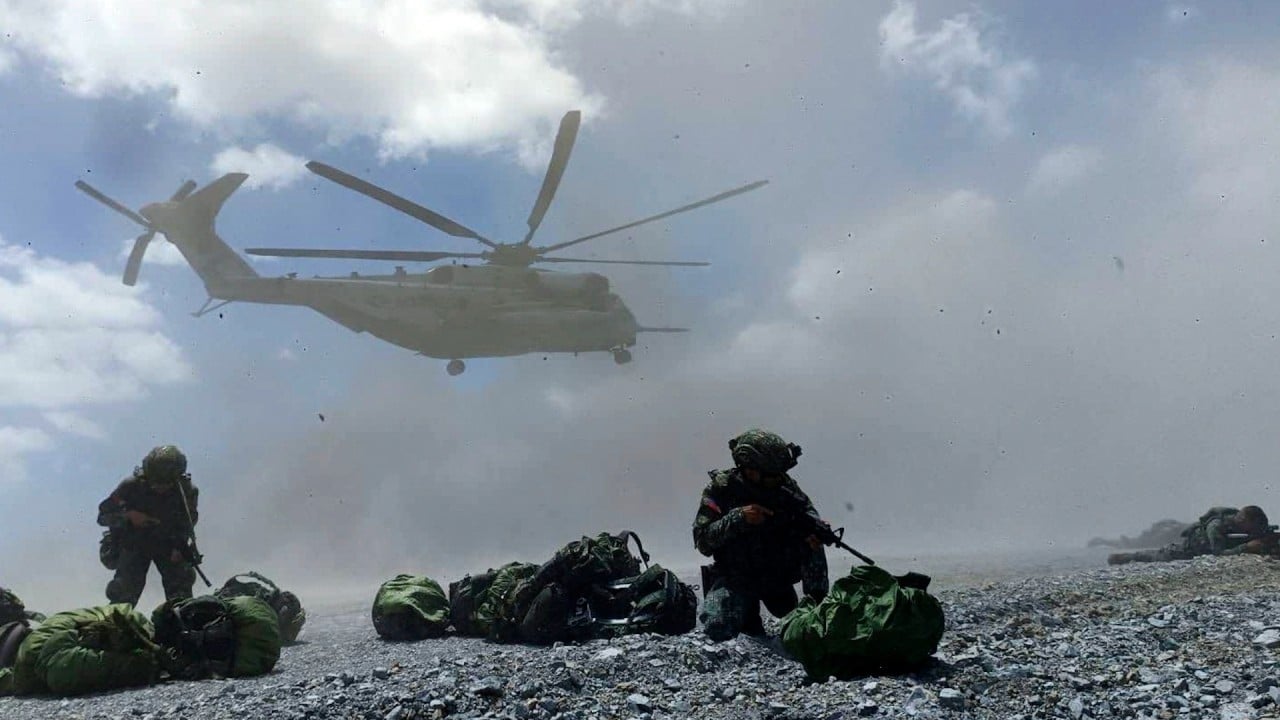Philippines, Japan near reciprocal troops deal in move to counter China
It will be Japan’s first RAA with a member of the Association of Southeast Asian Nations and the third following pacts with Australia and Britain, which took effect last year.
Teodoro, his Japanese counterpart, Minoru Kihara, Philippine foreign secretary Enrique Manalo, and Japanese foreign minister Yoko Kamikawa will attend the bilateral security meeting scheduled for July in Manila.
Teodoro said the Philippines and Japan would eventually consider holding talks about a military intelligence-sharing accord called the General Security of Military Information Agreement, which Manila is currently negotiating with Washington.
Japan and the Philippines, both US allies, have been strengthening bilateral defence ties in recent years in response to China’s intensifying provocative activities and territorial claims in the East and South China Seas.
The Philippines is deepening its security ties with other like-minded countries such as Australia. In April, the Philippines, Australia, Japan, and the US conducted a joint maritime exercise in the South China Sea, of which China claims almost the entire area as its territory.
In order to “demonstrate to the world freedom of navigation,” Teodoro said his country hopes to conduct naval activities with the three allies within the Philippines’ exclusive economic zone “as often as possible”.
Beijing’s sweeping claims in the South China Sea were invalidated by a 2016 ruling of the Permanent Court of Arbitration in The Hague.
In a bid to monitor the areas where the Philippines exercises sovereignty, Manila is hoping to acquire additional coastal surveillance radars from Tokyo under Japan’s official security assistance, he said.
